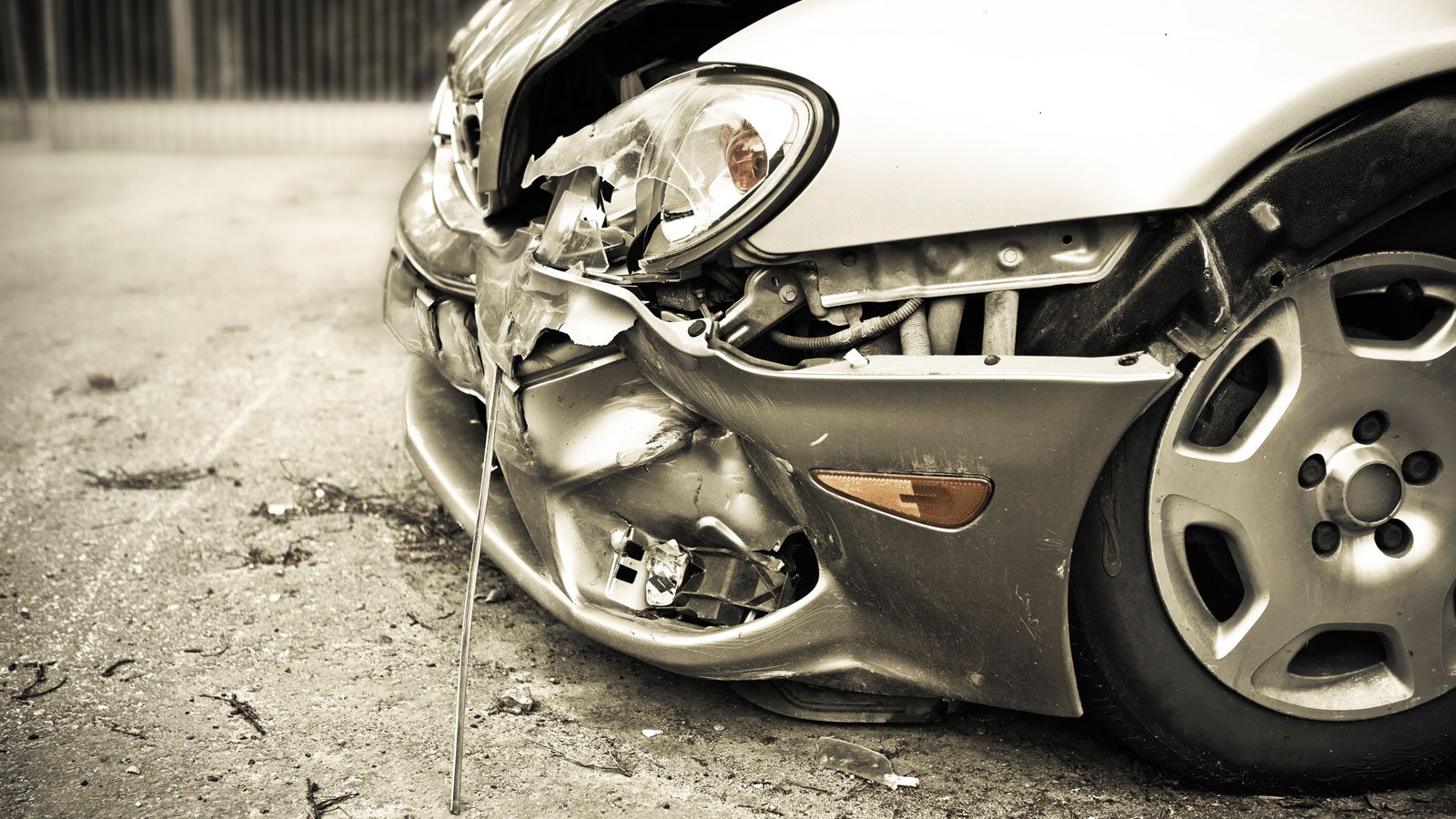Most of us do our best to stay safe on the road. But even when we practice defensive driving, minimize distractions and keep our vehicles in tip-top shape, we’re likely to be involved in a car accident at some point in our lives. Whether that accident is a minor fender-bender or a more serious collision, there are steps you should take to ensure that this stressful situation is remedied as swiftly and as safely as possible.
REMAIN CALM, COOL AND COLLECTED
We know it’s not easy, but forget for a minute the damage to your vehicle. The first thing to do if you’re involved in a car accident is make sure all drivers and passengers are safe. If anyone needs medical care, call 911 immediately.
For minor collisions with no serious injuries, drivers should then move their vehicles to the side of the road, out of the way of traffic. If a car can’t be moved, turn its hazard lights on, and if it’s safe to do so, set out cones, flares or warning triangles to protect the accident scene. (Don’t have caution triangles? Get some as part of an emergency roadside kit, available at any AMA centre.) If the combined damage to both vehicles is over $5,000—or if the crash results in injury or death—you’re required by law to file a collision report with the police.
TAKE NOTES
Be as thorough as possible when making a record of the collision. Exchange names and contact information—as well as driver’s licence, registration and insurance details—with the other driver(s). You should also record a description of the driver as well as any passengers. Generally, the more info you have about the collision, the better: So make note of the time of the accident, location, weather and any other relevant details. And if there are witnesses, write down their names and phone numbers too.
PICS OR IT DIDN’T HAPPEN
Don’t be shy about taking photos of the accident scene and any damage done to the vehicles involved. Take particular note of the position of each vehicle, and be sure to shoot everything from a variety of angles. Again, it’s always better to have an overabundance of information about the collision than too little.
DON’T PLAY THE BLAME GAME
Though it may go against your best Canadian instincts, you’ll want to temper any inclination to say sorry. Similarly, avoid blaming the other driver. That’s likely to make an already high-stress situation even more tense. Leave it to your respective insurance companies to establish who’s at fault.
CALL FOR A TOW
Your AMA membership includes five roadside assistance calls per year, which includes towing to a mechanic or body shop (your membership level will determine the distance you can be towed). If you don’t have a trusted service centre, use the free AMA mobile app to find a nearby Approved Auto Repair Service Facility. All AARS shops offer a one-year, 20,000-kilometre warranty on most parts and service.
NOTIFY YOUR INSURANCE COMPANY
This would also be a good time to call your insurance provider to help expedite the claims process. Depending on the severity of the collision, the company may send an adjustor to the accident scene to assess the damage. If your car isn’t driveable, your insurer may help to arrange for a rental vehicle while your ride is in the shop, depending on the coverage you have. (Typically, your insurance company will also recommend a repair centre that they trust to do the job right.)
Be cautious about accepting a cash offer to cover repairs if you’re involved in a minor collision. What may seem like trivial damage at the scene could be more costly than you think. And what if you sustain an injury (whiplash, for example) that’s not evident at the time of the collision? Without a record of the accident, your insurance company won’t be able to assist with medical expenses.
CALL AMA IF YOU’RE ROAD-TRIPPING
If you’re in a serious collision while travelling more than 125 kilometres from your home, your AMA membership may help you recover some of the costs associated with your accident and resulting trip delays. AMA’s Trip Collision Reimbursement can offset eligible expenses such as accommodations, meals and, if necessary, transportation back home.
